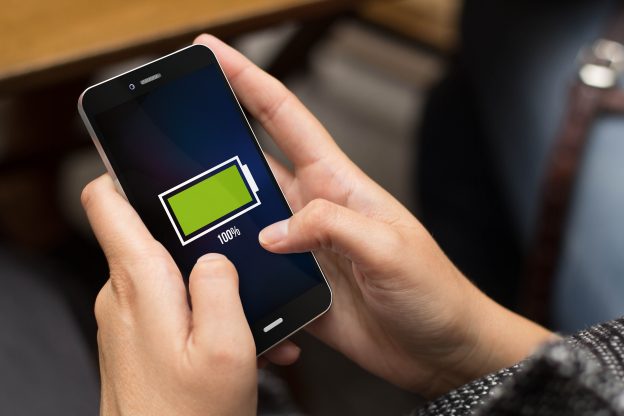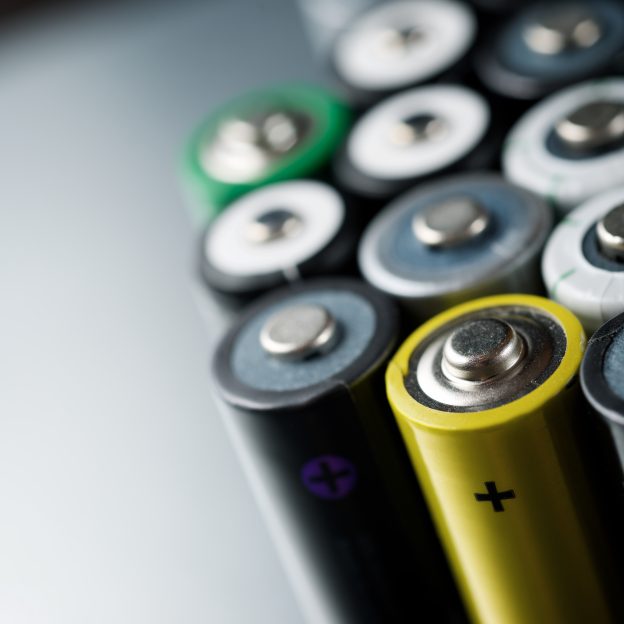According to the annual report released by Pylon Technology for 2023, the company achieved a revenue of 3.299 billion yuan last year, a decrease of 45.13% year-on-year; net profit attributable to the parent company was 516 million yuan, down 59.49% year-on-year.
Recalling 2022, Pylon Technology made a fortune from household energy storage.
At that time, the Russia-Ukraine conflict was at its peak, and as a result, Europe was enveloped in an energy crisis. Wholesale electricity prices in the European market reached historic highs, with August marking the highest point. Electricity prices in Germany and France increased 12-fold, and the UK, whose per capita income is slightly lower than Germany's, had electricity prices 15% higher than those in Germany. In 2022, the average price of electricity in Europe was 230 euros/MWh, 121% higher than in 2021. In the face of such drastic fluctuations in high electricity prices, the economic viability of household energy storage was further highlighted in Europe, becoming the "promised land" of the global energy storage market. Suddenly, there was a significant increase in demand for household energy storage in Europe, with products in short supply. Domestic manufacturers rushed to expand production and increase exports to Europe. Data showed that in 2022, the global new installed capacity of household storage reached 15.6GWh, up 136.4% year-on-year; the European market alone saw new installations of 5.7GWh, a year-on-year increase of 147.6%, accounting for 36.4% of the global market share. That year, there were as many as 26 domestic energy storage cell expansion projects, with an investment scale of over 300 billion yuan and a total planned capacity of 820GWh.
In 2022, Pylon Technology achieved a revenue of 60.13 billion yuan, up 191.55% year-on-year; net profit attributable to the parent company was 12.73 billion yuan, skyrocketing by 302.53%, with energy storage product sales reaching 3.5GWh. Pylon Technology stated in its annual report that year: "The global energy storage market demand is growing rapidly, and the scale of the energy storage industry continues to expand; the company continues to deepen and expand sales channels while improving product performance and layout. The competitive advantages in channels, brand, product strength, R&D, etc., continue to consolidate. The partial completion of fundraising projects has led to the release of capacity; meanwhile, the company has raised product selling prices and optimized product structure, leading to significant growth in business income." However, everything changed in 2023. Both revenue and net profit fell, with Pylon Technology plummeting from its peak performance to a low point.
There was a change in production and sales volume. Pylon Technology mainly produces soft pack batteries. In 2023, the production volume was 1805.94MWh, down 55.21% year-on-year; sales volume was 1874.53MWh, down 46.92% year-on-year, and inventory levels also rose, reaching 605.81MWh. This was caused by a decline in overseas demand, with inventory also at a historical high. European distributors and installers of household storage products took large quantities of goods, but the installation speed did not catch up, leading to an increase in inventory. On one hand, the intensity of the energy crisis in Europe eased. In July 2023, some regions in Europe even experienced "negative electricity prices", leading local consumers of household storage to become more rational. On the other hand, unlike the supply shortage in Europe in 2022, in 2023, global energy storage demand fell short of expectations, and overcapacity became inevitable, leading to a drop in energy storage battery prices. The days of Pylon's price increases were gone. The company's gross margin in 2023 was 31.55%, down year-on-year. The main reason for Pylon Technology's significant performance decline was the simultaneous decrease in both volume and price.
Listed on the A-share market in 2020 as the first energy storage company, Pylon Technology specializes in household energy storage, covering overseas markets such as North America, Europe, and Asia. In 2023, overseas sales accounted for 85.41% of the total revenue, with the company's performance steadily increasing over the years. However, blindly following the trend during the industry's upswing led to reckless expansion to compete for market share, and when the crisis hit, companies resorted to low-price strategies, leaving a mess behind.
If Pylon Technology's downturn was mainly due to changes in the market environment, then another company's own factors seem to be more significant. KELEE Electronics is undoubtedly a "veteran" in the energy storage industry, with overseas markets also being the main source of its orders. In 2018, when KELEE Electronics was facing financial difficulties, Shenzhen Mingde Investment Holdings Co., Ltd. acquired a controlling stake in the company, focusing on the development of energy storage and smart grid businesses. It seemed that KELEE had high hopes for the future of its energy storage business. However, the development prospects of KELEE Electronics' energy storage business have been less than ideal. According to its interim report in 2023, the company's revenue from energy storage business was only 565 million yuan, accounting for about 8.5% of total revenue, which was not as good as expected. Moreover, the company's net profit attributable to the parent in the first half of the year was a loss of 134 million yuan, and the cumulative loss from the beginning of the year was about 229 million yuan.
From 2018 to 2023 (the first half of the year), KELEE Electronics' net profits attributable to the parent company were all losses, except for a small profit in 2020 before returning to losses. The company's energy storage business has faced challenges in winning orders recently, and its progress in the field has been slower than expected. In this context, KELEE Electronics still plans to invest 600 million yuan in its wholly-owned subsidiary, Kelee Zhongli Yantai New Energy Development Co., Ltd., to build an energy storage industrial park with an expected production capacity of 3GWh. Given the company's continuous losses and challenges in winning orders, such an investment has raised questions about its future direction and sources of funding. KELEE Electronics once stated that after Shenzhen Mingde became its controlling shareholder, it would provide strong support in terms of funds and credit to help KELEE out of its predicament. Now, with Shenzhen Mingde holding a controlling stake in KELEE for nearly two years, it remains to be seen whether the energy storage veteran can find a way out under the new ownership.
AURTHOR: Energy Storage Tech Faction
LINK:https://mp.weixin.qq.com/s/h1cFVDrSoI4LeOhyR5uYbA







